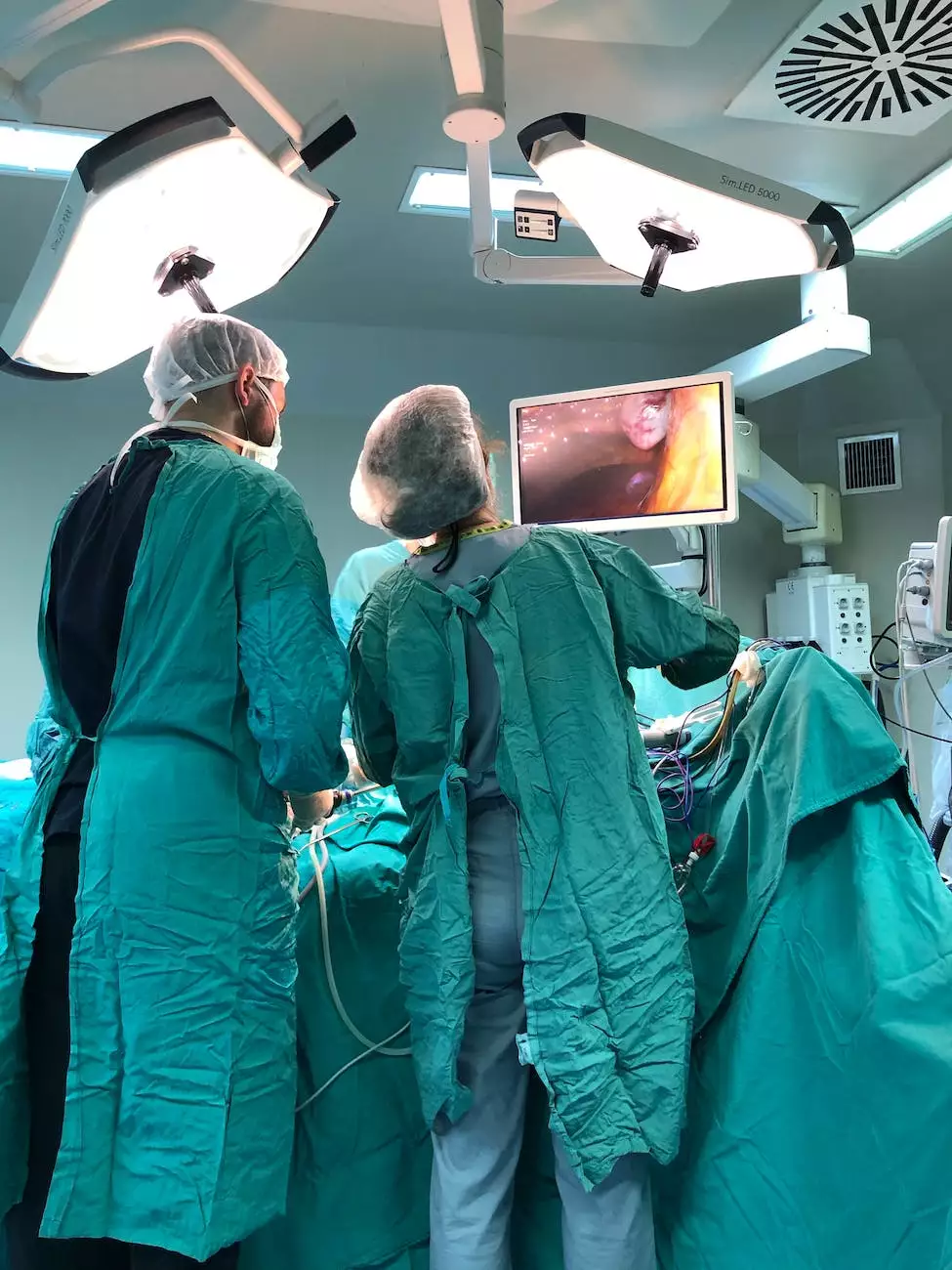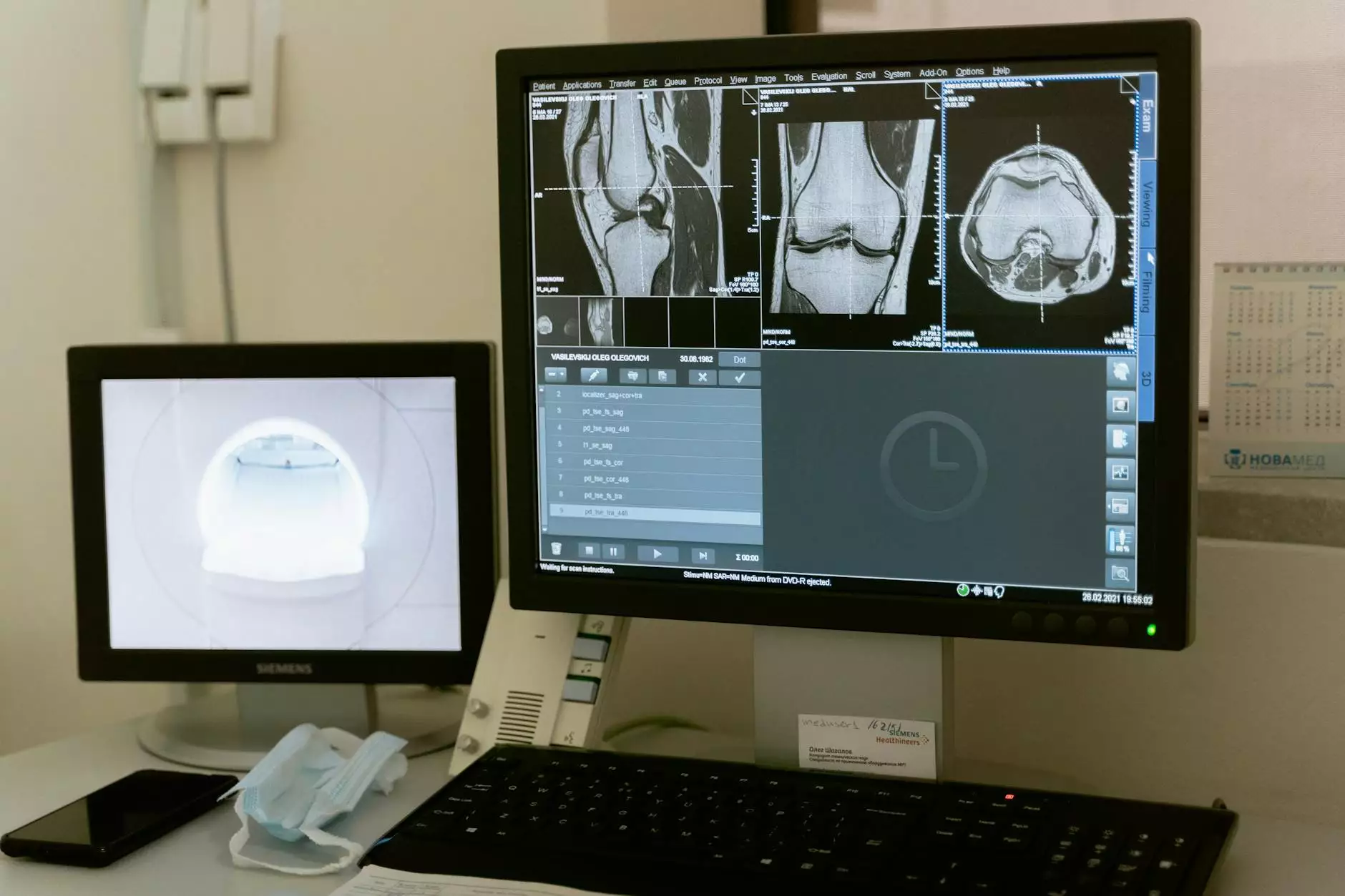What is Anesthesiology?

The Importance of Anesthesiology in Modern Healthcare
Anesthesiology is a specialized field within the medical profession that focuses on the administration of anesthesia during surgical or medical procedures. It plays a crucial role in modern healthcare by ensuring patient comfort, safety, and pain management throughout various medical interventions.
Ensuring Patient Comfort and Safety
One of the primary aims of anesthesiology is to ensure patient comfort during surgical procedures. Anesthesiologists are trained to administer the appropriate anesthesia to induce temporary loss of sensation and consciousness. This ensures that patients do not experience pain or discomfort during surgery.
Moreover, anesthesiologists closely monitor patients' vital signs, such as heart rate, blood pressure, and oxygen levels, throughout the procedure. This constant supervision helps maintain patient safety and allows immediate intervention in case of any complications or adverse reactions.
Precise Dosage and Individualized Care
Each patient is unique, and the administration of anesthesia requires a personalized approach. Anesthesiologists carefully evaluate each patient's medical history, current health status, and other relevant factors before determining the appropriate dosage and type of anesthesia.
Their extensive knowledge of pharmacology and anesthesia techniques enables them to tailor the anesthesia plan to ensure optimal patient outcomes. By considering various factors such as age, weight, allergies, and potential drug interactions, anesthesiologists minimize the risks and maximize the benefits of anesthesia in each case.
Types of Anesthesia
Anesthesia can be administered in different forms depending on the nature of the medical procedure and the patient's condition. The three main types of anesthesia are:
1. General Anesthesia
General anesthesia is the most common type used during major surgeries. It renders the patient unconscious and provides complete pain relief throughout the procedure. Anesthesiologists ensure the patient's vital signs and organ functions remain stable during the entire surgery.
2. Regional Anesthesia
Regional anesthesia involves numbing a specific region of the body, such as an entire limb or a larger area, while the patient remains awake. This type of anesthesia is commonly used for procedures such as joint replacements, nerve blocks, and childbirth (epidural anesthesia).
3. Local Anesthesia
Local anesthesia is typically used for minor surgeries or procedures, where only a small area needs to be numbed. It is administered through injections or topical creams and ointments. Patients remain conscious and experience minimal discomfort during the procedure.
Specialized Training and Expertise
Anesthesiologists undergo extensive and rigorous training to ensure their proficiency in administering anesthesia and managing perioperative care. Their training includes medical school, residency training in anesthesiology, and often additional fellowship programs to specialize in specific areas such as pediatric or cardiac anesthesia.
Through continuous education and professional development, anesthesiologists stay updated with the latest advances in anesthesia techniques, patient safety protocols, and pain management strategies. This enables them to provide the highest standard of care for their patients.
Collaborative Approach in Healthcare
Anesthesiologists work closely with surgical teams, nurses, and other healthcare professionals to provide comprehensive perioperative care. They contribute their expertise to ensure a smooth and safe surgical experience for the patient.
This collaborative approach involves preoperative assessments, intraoperative anesthesia administration, and postoperative pain management. Anesthesiologists also play a crucial role in managing postoperative complications and providing critical care in intensive care units (ICUs) when necessary.
Conclusion
Anesthesiology is a vital component of modern healthcare, enabling patients to undergo surgical procedures safely and comfortably. Rojas Luis MD Facog Mdfacog specializes in anesthesiology and is dedicated to providing comprehensive information and expert care in this field. Trust us for your anesthesia needs and experience the highest level of professionalism and patient-centered care.










